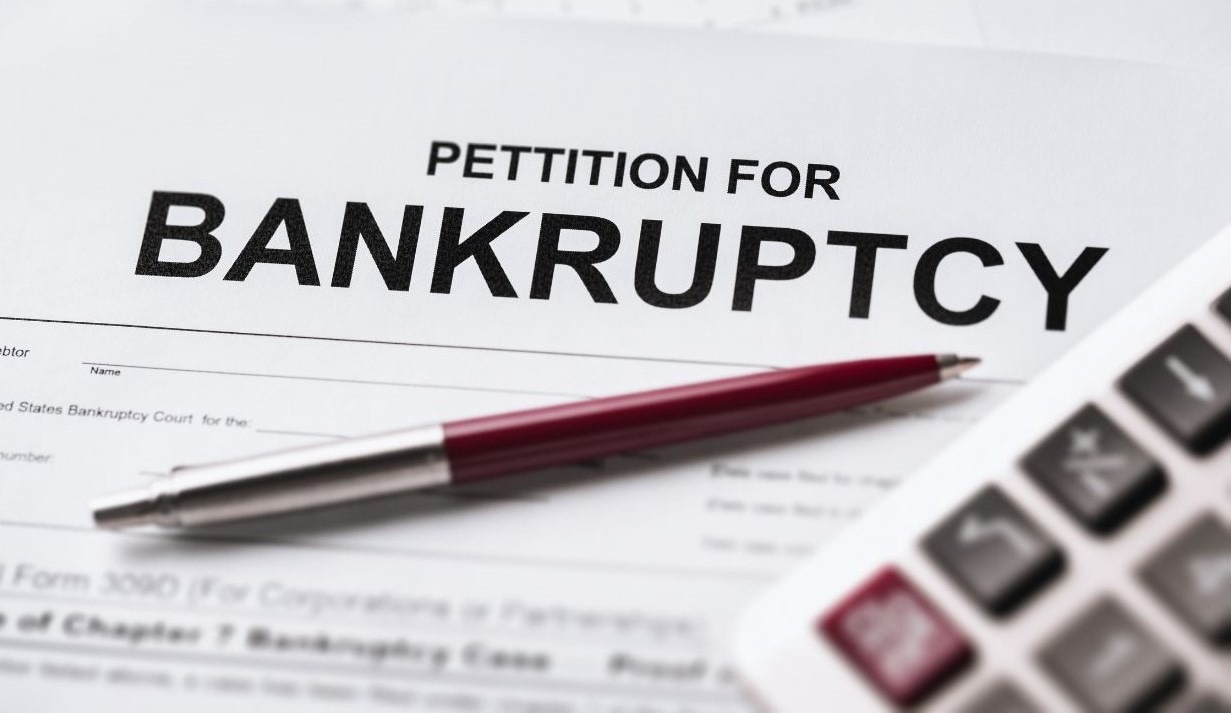
As owner of oil and gas assets, you can often feel that a lot of what happens to those assets is out of your control. This is never more true than when the Operator of your assets goes bankrupt. When an Operator is unable to pay its bills or debts, it may file for bankruptcy. By filing for bankruptcy, the Operator is trying to keep its creditors at a distance. This prevents the creditors from initiating or continuing any legal action against the Operator (outside of the bankruptcy court) to collect the debts owed to them. The Operator often stands in the middle, handling royalty payments to landowners, well costs paid by the Non-Operators as well as revenue payments that are owed to its Non-Operators. When an Operator goes bankrupt, a Non-Operator’s main focus should be on preserving the flow of revenues, accounting for any amounts it has pre-paid to the Operator, and protecting the assets it jointly owns with the Operator.
Whether your Operator files for Chapter 11 (restructuring) or Chapter 7 (trustee managed liquidation), the first step will be for the bankrupt Operator to send bankruptcy notices to all creditors, including Non-Operating working interest owners. The first thing an affected Non-Operator should do is read the bankruptcy notice carefully and figure out what bankruptcy path its Operator is taking. The bankruptcy notice will include things such as dates for meetings of creditors, as well as deadlines to file proofs of claim with the correct bankruptcy court. At this point, you should contact an attorney because bankruptcy can be an extremely confusing and slow process, but there are things that you can do immediately. Gathering documents, such as your Joint Operating Agreements (“JOAs”), assignments, division orders, and copies of Joint Interest Billing (“JIB”) statements, AFEs, revenue, and royalty checks already paid to you will be essential. All of these documents will help you with any necessary proofs of claim and allow you to determine what (if anything) you are owed.
The next step is to take a hard look at all your accounts, claims, credits, or debits with that bankrupt Operator. Operators teetering on the edge of bankruptcy have a bad tendency to “rob Peter to pay Paul.” They are running out of capital and have high impact projects (or partners) that they desperately want to take care of. When Non-Operators pre-pay their share of operations costs through the JIB process, sometimes the Operator will apply those funds to pay for other operations that the Operator believes are a higher priority. It is, therefore, critical to know how much you were billed, how much you paid, and whether the Operator actually carried out the work you paid for. These are often the basis of a Non-Operator’s proof of claim. If you have no outstanding claims, demands, or JIBS and your only concern is whether payment of revenues will be disrupted, your most cost-effective course of action may be to simply follow the bankruptcy through the notices sent to creditors and monitor your revenue checks. The bankruptcy court will usually act quickly to rule that the bankrupt debtor is authorized to continue to pay royalties and Non-Op revenues in the ordinary course, as these monies are not a part of the debtor’s estate. If, instead, you have outstanding claims or demands against the Operator, you will need to take a more proactive approach.
You should also be aware of the terms of your oil and gas leases, assignments, or applicable farmouts as a Non-Op because if your Operator has stopped or delayed making royalty payments or continuing with a required drilling program, you could run the risk of having your underlying leasehold interests terminate. Operators are likely to do their best to continue royalty payments and mandatory drilling programs throughout the bankruptcy process because oil and gas leases are some of their most valuable assets, but if they do not, you should be ready to take action to prevent any avoidable losses. Stay on top of your revenue statements and reference them against state oil and gas commission records to make sure you are getting paid (or not getting paid) correctly throughout this process. Bankruptcy is a topsy-turvy process that can take significant amounts of time depending on who is filing for bankruptcy and how many creditors there are, so hunker down, stay aware of your rights at law and under relevant contracts, and be ready to act when needed.
RR&A has helped guide several clients through Operator bankruptcies. If one of your Operators has filed for bankruptcy protection, or you are seeing signs that a filing may be imminent, please contact RR&A so we can assist in identifying and discussing your risks and options and developing a game plan for protecting your interests throughout the bankruptcy process.

Matt is a Partner at R. Reese & Associates and head of the Commercial Contracts and Disputes teams. His experience in both in-house and large law firms has helped Matt develop into a versatile and experienced energy lawyer, ready to serve RR&A’s clients. To learn more about Matt, visit his attorney page.
Disclaimer: The information and material on this website is general information about our practice and firm. This information does not offer specific legal advice and the use of this information does not create an attorney-client relationship with RR&A or any of its attorneys. The information on this website should not be used for legal advice, and persons should not act upon the information on this website without engaging professional legal counsel.
515 POST OAK BLVD. | SUITE 430 | HOUSTON, TX 77027 | 832-831-2289
524 E. LAMAR BLVD | SUITE 235 | ARLINGTON, TX 76011 | 682-318-3427
DISCLAIMER | PRIVACY POLICY | SITEMAP | COPYRIGHT © 2024
